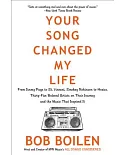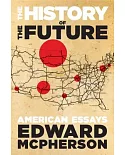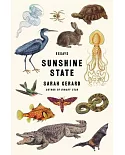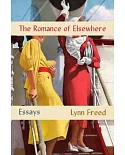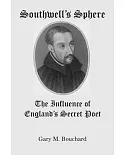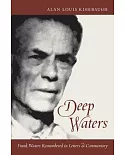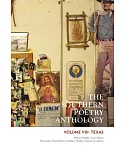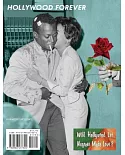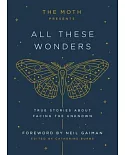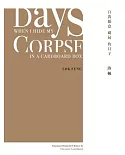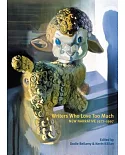Charles Williams (1886-1945) was hailed by Eliot, Auden, Agee, and others for his metaphysical, ethical, and social vision. In this collection, nineteen scholars examine the rhetorical means he
employed to convey that vision and the rhetorical theories that guided him. The contributors vary in approach, from close analysis of Williams’s syntactic and semantic strategies to study of
his larger concern for an organic unity of rhetoric and idea. They also address his cultivation of affect, aporia, dislocation, allusion, the rhetoric of genres, and other strategies.
About half the essays consider Williams’s fiction. They explore the theological roots of his theory of imagery; the rhetorical implications of his belief that language is inherently meaningful;
his methods of creating "subjective correlatives" for heightened states of consciousness; and, in individual works of fiction, his revisionary use of time-travel and ghost-story conventions,
his rhetorical application of Blakean "contraries," aspects of his diction and syntax, and his call to pursue integrity of speech as an ideal.
Three essays discuss Williams’s poetry, specifically his use of the occult as a mode of imagining, the social significance that permeates his idea of coinherence, and the key literary and
personal influences on the evolution of his mature poetic style. Another three essays treat Williams’s rhetoric in plays - his debts to medieval drama, his success with conversational style,
and his reliance on ambiguity and skepticism. Finally, four examine Williams’s evenhandedness and liveliness as a historian, his prose style in theological writing, his sensitivity to the
rhetoric of detective fiction both as reviewer and as writer, and his markedly poetic style in literary criticism.




